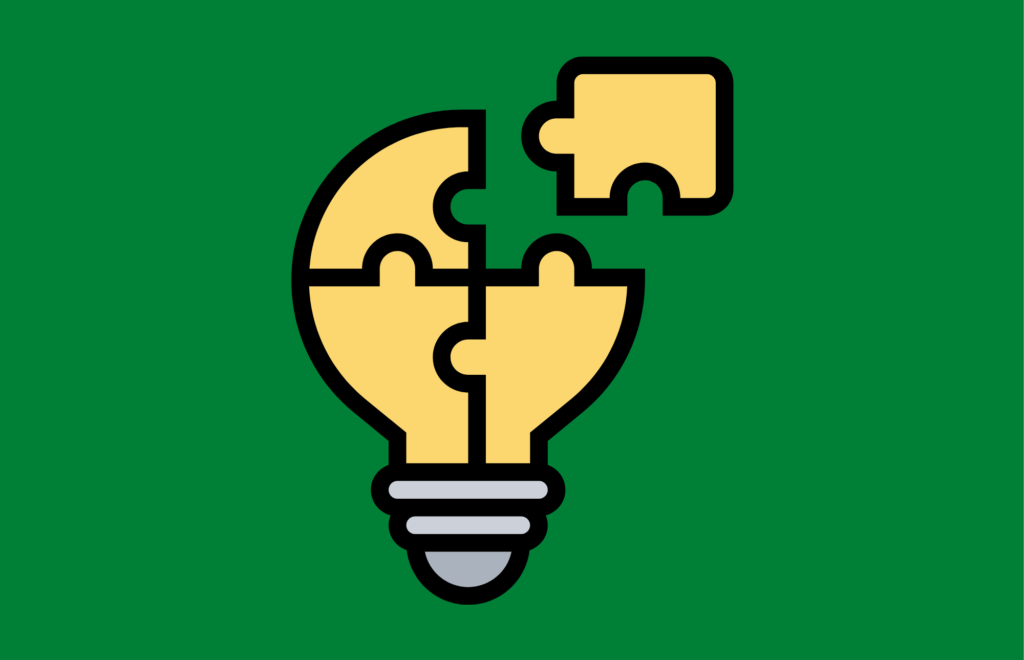
What Does a Technical Writer Do?

Introduction: What is Technical Writing?
Technical writing is a form of communication between technical writers and other users to impart knowledge, skills, and information from an author to a reader. It is not designed to be read from beginning to end by the reader as you would a novel or a poem.
To give a better idea of what technical writing entails, we can break it down into four major parts:
- Communicating with readers about the subject being written about.
- Going through the process of creating content for readers in order to present them with information that would be relevant for them.
- Ensuring that readers can understand what they are reading and making sure they do not get lost in text-heavy pieces (like software documentation). And finally,
- Presenting instructions such as instructions manuals or tutorials.
Who is the Technical Writer?
Technical writers are often in charge of formatting documents for the printer as well as posting online, but they also work on other types of documentation.
There are several ways that technical writers can create documentation, including writing in-house manuals. They may also work with marketing (MarCom) departments to create marketing collateral or with sales teams to help make sales presentations.
Technical Writing Process and Scenarios
Technical writing is a challenging field because it requires a lot of grammatical, writing, and communication skills. However, if you have the time and the patience to improve your skillset, technical writing is a rewarding career choice.
The technical writer must be able to use a wide range of communication tools. The most essential ones are text editors like Word or FrameMaker. Additionally, they may need to use graphic editors, diagrams, or graphs in order to better explain their point or idea.
The day in the life of a technical writer can be very different depending on which type of position they have in the company. In some cases, they could start their day by reading through emails from clients or other team members when they have time for it. Other days it might be more stressful when they have deadlines that need to be met when they take part in several meetings and spend a lot of time on the phone and email.
A Typical Day for a Technical Writer
For example, what’s a typical day like for a tech writer?
I can tell you right away that, at its most fundamental level, it’s comfortable office work.
It of course requires the ability to work with computers (usually in a cubicle) for 8 hours a day.
It is solitary work 80 to 90% of the time. Basically, you create a document, you write it, and format it as well, alone in your cubicle.
But that does not mean it’s an “asocial” type of occupation. Far from it since you interact regularly with your other fellow writers (if any), engineers, and SMEs (Subject Matter Experts).
You depend on a lot of people for collecting information and you do it either in person or (usually) on the phone.
So perhaps you didn’t expect this but tech writing requires a certain level of “social engineering” skill as well as interviewing SMEs and taking part in meetings.
It also requires a very organized mind. You need to prepare excellent outlines before you start writing your documents.
Then once it is written, you again need to have the organizational skills to follow up the reviews and gently guide the process to its completion.
Another trait that helps a tech writer tremendously is the openness to new technologies and readiness to learn hi-tech ideas and systems.
This field, like many others, is changing so fast that we all need to be on our toes to keep up with the latest. That’s why a lot of companies have annual training requirements and budgets for their tech writers.

What Skills Do I Need to Become a Technical Writer?
Technical writers specialize in the field of writing and editing instructional and informational content for a company’s products and services. They create, edit and translate documents and other materials so that they are comprehensible to the end-users.
To become a technical writer, you’ll need to be proficient in both English grammar, composition skills, sentence structure etc. They also need to understand how engineering work is done and how technical systems and software apps work in order to write about them.
Conclusion: Why Become A Technical Writer
Technical writing is a career in which you can use your writing skills to make an impact in the world while making good money. Some of its benefits include:
- The freedom to work remotely.
- Opportunities to explore your creativity and develop your personal voice.
- Strong opportunities for professional growth, with many technical writers moving into management positions at their employers or moving into other industries like academia or law.
- The ability to work in different areas (e.g., technical communications, marketing communications, technical support, UX design, content management).
- A fulfilling career that can help a person achieve a sense of meaning and purpose.
- Good income and (if you are a payroll employee) benefits package.
